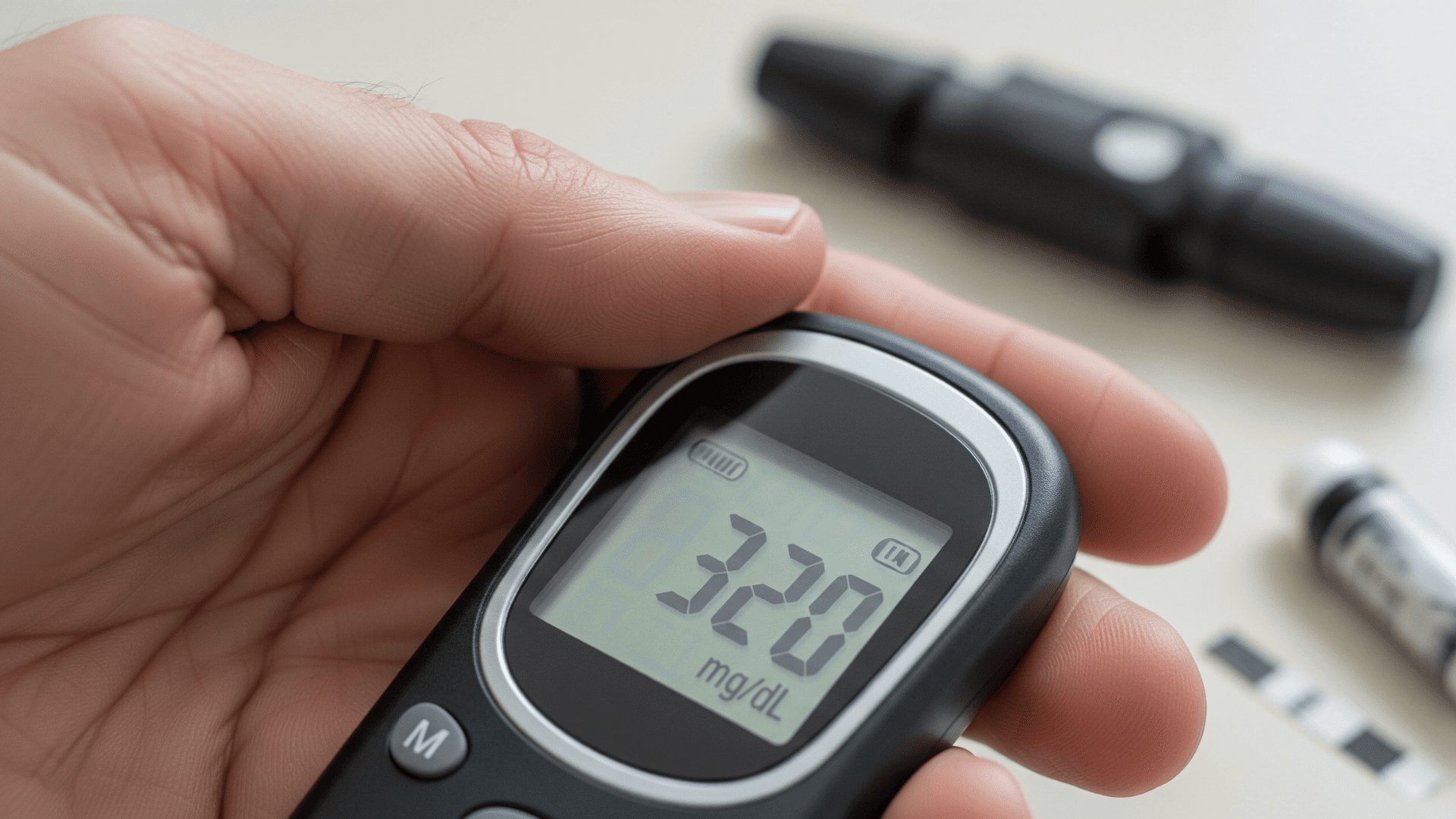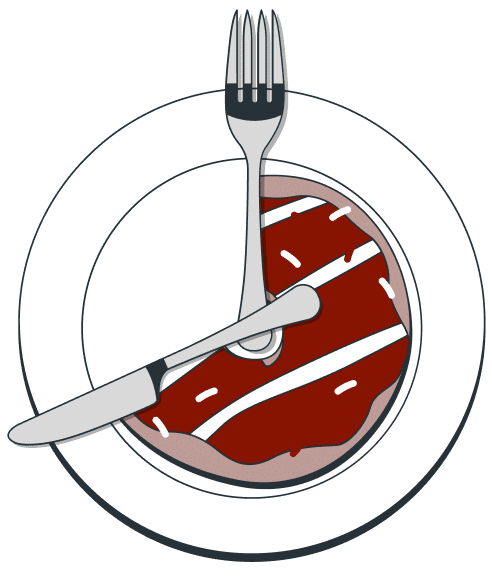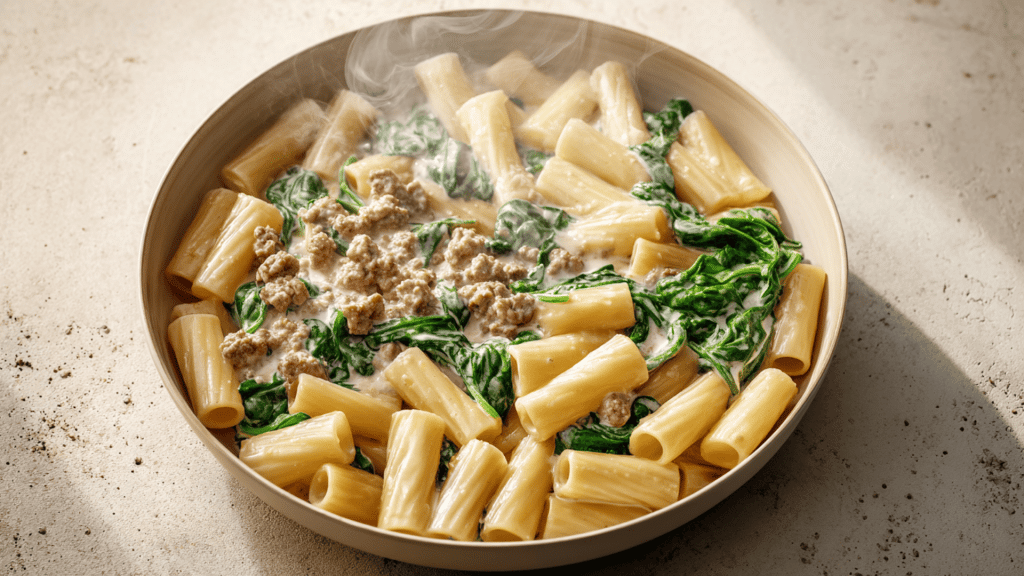Ever notice how a pasta lunch leaves you reaching for caffeine by 3 PM, or how that morning bagel triggers an energy crash before noon?
This frustrating cycle affects millions who expect carbohydrates to provide sustained energy but instead experience drowsiness and mental fog.
Despite being the body’s preferred fuel source, certain carbohydrates can paradoxically drain energy through complex interactions involving blood sugar spikes, hormone surges, and brain chemistry changes that promote sleepiness rather than alertness.
Understanding these physiological mechanisms empowers you to make smarter food choices that maintain steady energy levels throughout the day.
What Are Carbohydrates and Its Sources?
Carbohydrates are organic compounds composed of carbon, hydrogen, and oxygen atoms that serve as the body’s primary energy source alongside proteins and fats as essential macronutrients.
They fuel brain function since the central nervous system relies almost exclusively on glucose, support muscle contraction during physical activity, and help maintain proper organ function.
Simple carbohydrates include natural sugars found in fruits, milk, and refined sugars in processed foods, while complex carbohydrates encompass whole grains, starchy vegetables, legumes, and fiber-rich vegetables.
The structural differences between these types directly influence how quickly they raise blood sugar and contribute to post-meal fatigue responses.
Do Carbohydrates Make You Tired? What Research Finds
High glycemic index carbohydrates lead to rapid blood sugar spikes, followed by an insulin-driven crash that depletes energy and reduces alertness. This glycemic response plays a key role in post-meal fatigue.
Additionally, carbohydrate intake increases plasma tryptophan levels, a precursor to serotonin and melatonin.
These hormones are linked to sleep and mood regulation, explaining the natural drowsiness after carb-heavy meals.
Studies on postprandial fatigue consistently identify refined carbs as primary triggers, while complex carbs combined with protein and fiber yield steadier energy and less fatigue.
Multiple research reviews demonstrate that food choices significantly impact post-meal energy levels through measurable changes in blood chemistry and hormone production.
Reasons Why Carbs Can Cause Tiredness

Understanding the specific mechanisms behind carbohydrate-induced fatigue helps explain why this response occurs and varies between individuals and food choices.
1. Serotonin and Melatonin Production
Carbohydrate consumption triggers events that increase brain serotonin levels through complex biochemical pathways.
Carbs cause insulin release, which helps amino acids enter muscle tissue but leaves tryptophan with less competition to cross the blood-brain barrier.
Once in the brain, tryptophan converts to serotonin and then melatonin, explaining why carb-heavy meals often lead to drowsiness.
2. Large Portion Effects
Consuming excessive carbohydrates in one sitting intensifies both insulin and serotonin responses, creating more pronounced fatigue symptoms.
Large portions overwhelm the body’s glucose regulation systems, requiring more insulin to manage blood sugar spikes.
This increased response amplifies the subsequent crash and enhances tryptophan uptake into the brain.
3. Insulin Resistance Impact
In individuals with insulin resistance or prediabetes, cells don’t respond efficiently to insulin signals, creating prolonged elevation of blood glucose levels.
The body compensates by producing even more insulin, leading to stronger fatigue responses and metabolic stress.
This condition creates dramatic blood sugar fluctuations and contributes to persistent tiredness patterns throughout the day.
What Is Blood Sugar and What Does It Do?

Blood sugar, or glucose, serves as the primary energy currency for every cell in your body, particularly brain cells, which rely almost exclusively on glucose for proper function.
When you eat carbohydrates, digestive enzymes break them down into simple sugars that enter the bloodstream, causing blood glucose levels to rise and signaling the pancreas to release insulin.
The body works constantly to keep blood glucose within a narrow range through complex hormonal feedback systems involving insulin, glucagon, and other regulatory hormones.
- Primary cellular fuel: Glucose provides energy for all bodily functions, with brain cells depending almost entirely on a steady glucose supply for optimal cognitive performance.
- Insulin regulation: The pancreas releases insulin when blood sugar rises, helping transport glucose into cells and maintaining proper energy balance throughout the body.
- Storage mechanisms: Excess glucose converts to glycogen in muscles and liver for short-term storage, or transforms into fat for long-term energy reserves.
- Tight regulation required: Blood glucose must stay within narrow ranges to prevent both hypoglycemia (dangerous low levels) and hyperglycemia (tissue-damaging high levels).
- Brain sensitivity: The central nervous system cannot store glucose and requires constant supply, making blood sugar stability crucial for mental clarity and focus.
Maintaining stable blood glucose levels is essential for consistent energy, optimal brain function, and overall health throughout the day.
Strategies to Avoid Feeling Sleepy After Eating Carbohydrates

Implementing evidence-based strategies can help you enjoy carbohydrates while maintaining steady energy levels throughout the day.
1. Choose Low-Glycemic Index Foods
Select whole grains like steel-cut oats, quinoa, and brown rice that release glucose slowly into the bloodstream.
Include legumes such as lentils, chickpeas, and black beans that provide both complex carbohydrates and protein for sustained energy.
Add non-starchy vegetables like broccoli, spinach, and bell peppers that offer nutrients with minimal blood sugar impact.
2. Include Strategic Protein Choices
Incorporate lean proteins such as grilled chicken, fish, eggs, Greek yogurt, and plant-based options like tofu with every carbohydrate-containing meal.
These proteins help stabilize blood sugar by slowing carbohydrate absorption and providing amino acids essential for sustained energy production.
Choose high-quality protein sources that complement your carbohydrate choices, such as pairing beans with whole grains or adding nuts to oatmeal.
This protein inclusion creates a more balanced macronutrient profile that prevents the rapid glucose fluctuations responsible for post-meal drowsiness.
3. Control Portions and Timing
Eat moderate servings of carbohydrates rather than large portions to prevent overwhelming your insulin response system.
Consume larger amounts of carbohydrates during more active periods when glucose utilization is higher and muscles can effectively use the energy.
Split larger carbohydrate servings across multiple smaller meals to maintain steady blood sugar levels throughout the day.
Planning Meals for Better Sleep
Strategic meal planning supports both stable daytime energy levels and quality nighttime rest by aligning food choices with natural circadian rhythms.
| Meal Strategy | Timing | Benefits | Food Examples |
|---|---|---|---|
| Light carbohydrate loads | 3-4 hours before bed | Prevents premature melatonin production and sleep disruption | Small portions of whole grains, vegetables |
| Sleep-promoting nutrients | Earlier in the day | Supports natural sleep hormone production | Magnesium-rich leafy greens, tryptophan from turkey/eggs |
| Balanced evening meals | 2-3 hours before bedtime | Maintains steady blood sugar overnight | Lean protein, vegetables, minimal complex carbs |
| Hydration optimization | Throughout the day, reduced evening | Prevents sleep interruptions | Water intake early, limited fluids before bed |
These meal planning strategies work synergistically with the anti-fatigue techniques discussed earlier, creating a comprehensive approach to managing energy levels throughout the entire 24-hour cycle.
Conclusion
Simple carbohydrates cause rapid blood sugar spikes followed by crashes that trigger fatigue, while complex carbohydrates paired with protein and fiber provide more stable energy release.
Understanding these mechanisms empowers informed food choices that support consistent energy levels throughout the day.
By selecting appropriate carbohydrate sources, practicing portion control, and implementing strategic meal timing, you can enjoy the nutritional benefits of carbohydrates while avoiding post-meal fatigue.
Share your experiences with managing post-carb tiredness in the comments below and let others know which strategies have worked best for maintaining your energy levels while still enjoying your favorite carbohydrate-rich foods.


























